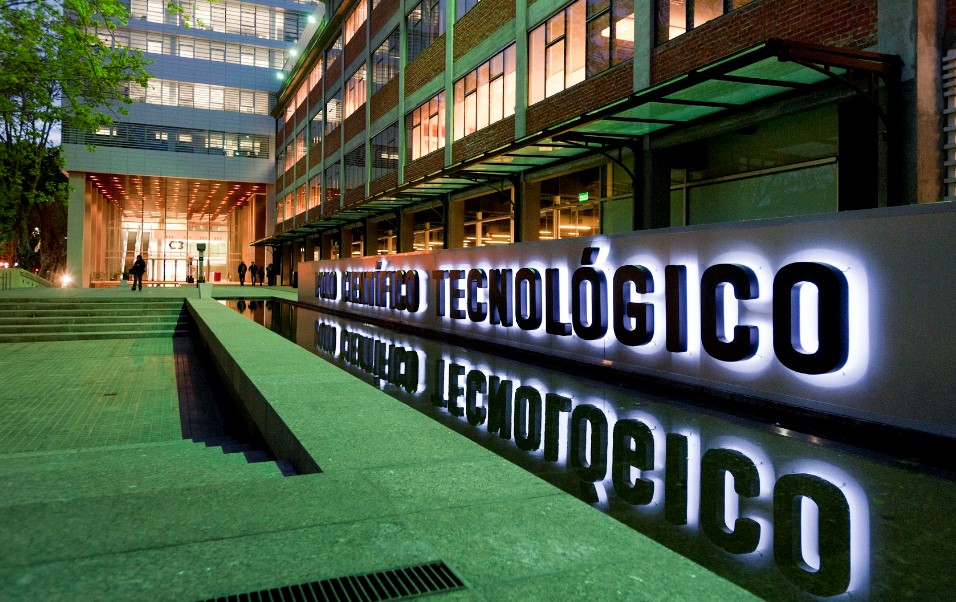
Are there sufficient incentives to innovate in sustainable technologies? The Conference addressed the role of innovation as a key component of sustainable development, considering that some of the new technologies will play a strategic role in solving humanity's fundamental challenges. These include not only climate change, but also food and health. Aware that in order to accelerate the processes that make such innovations available, it was considered necessary to have specific incentives, as well as to remove possible obstacles.
Considering that Latin America has a relevant potential in terms of innovation in sustainable technologies, it became a priority to address the specific incentives needed to promote innovation in the countries of the region and the modifications to the regulatory framework that would be required to adequately take advantage of such potentialities. The Conference addressed the topic through presentations of innovation cases in the countries of the region, and then opened the debate through two panels with economic and legal experts, who, with different but complementary approaches, identified in a preliminary way the issues that would encourage innovation in sustainable technologies.
During the conference, different technology-based companies from Latin America shared their experiences and explained how they were able to transform knowledge into innovation. In addition, two panels formed by jurists and innovation economists sought to identify lessons learned and common challenges to work on regulatory frameworks and economic incentives to improve the processes of technological development in Latin America, and to serve as input to reflect and deepen on the subject at the local level.
The Director of the Max Planck Institute for Innovation and Competition and the Smart IP Initiative, Reto Hilty, highlighted the value of the meeting to analyze what is required in Latin America "to establish adequate incentives to generate the innovations that we urgently need to face the challenges of humanity" and, on the other hand, "to know if the regulatory frameworks stimulate the use of such incentives or, on the contrary, hinder them".
In the first part of the meeting, seven technology-based companies -Bioceres and B.I.F.E., from Argentina; CORE Biotechnology and Bioengineering, from Colombia; Eco Panplas, from Brazil; Pellet Bioenergy, from Mexico; AES Andes, from Chile; and SpaceAG, from Peru- presented their experiences in terms of challenges faced and incentives received to achieve innovation. The segment was moderated by the National Director of Studies, Vanesa Lowenstein of the Ministry of Science, Technology, and Innovation from Argentina.
In the second block, innovation economists gave their opinion on what Latin American countries should do to encourage innovation in sustainable technologies and stimulate the development of sustainable and inclusive business models. The panel included: Darío Milesi, from the Universidad Nacional de General Sarmiento (Argentina); Mohamed Amal, from the Universidad Regional de Blumenau (Brazil); Tatiana Samay Andia Rey, from the Universidad de los Andes (Colombia); Gabriela Dutrénit Bielous, from the Universidad Autónoma Metropolitana (Mexico); Santiago Roca Tavella, from the Universidad ESAN (Peru), and Clemente Forero Pineda, from the Universidad de los Andes (Colombia), as moderator.
The third block was devoted to discussing the regulatory frameworks for innovation in Latin America and analyzing the role of the law in promoting innovation, in a context in which more than 70% of R&D investment in the region is made by the public sector. The panel was formed by Luis Mariano Genovesi, from the Universidad de Buenos Aires (Argentina); Juliana Krueger Pela, from the Universidad de San Pablo (Brazil); Carolina Veas, from the Pontificia Universidad Católica de Chile (Chile); Jorge Cabrera Medaglia, from the Universidad Nacional de Costa Rica (Costa Rica); Tania Zúñiga Fernández, from the Pontificia Universidad Católica del Perú (Peru), and Valentina Delich, from the Facultad Latinoamericana de Ciencias Sociales (Argentina), who coordinated the panel.
The conclusions of the meeting were presented by Carlos Correa, Executive Director of the South Centre, an intergovernmental organization for research and analysis of public policies in developing countries. Correa remarked that science and technology policies are not enough on their own to promote innovation, so it is essential to integrate them with productive development policies. He also stressed the importance of creating innovation ecosystems and recalled that "innovation is not an end in itself but a tool to produce greater added value, generate employment, solve problems and improve the quality of life.